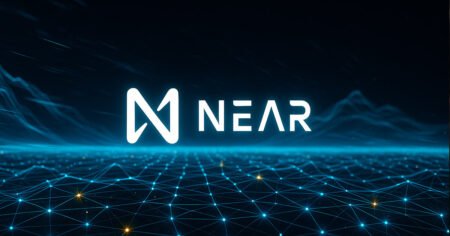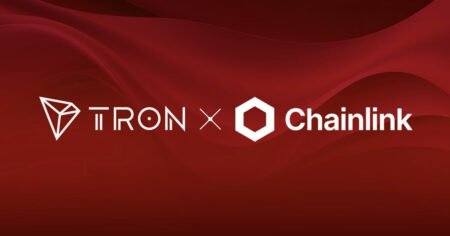The White House has publicly announced its support for a Congressional Review Act (CRA) resolution aimed at overturning the Internal Revenue Service’s (IRS) broker rule for decentralized finance (DeFi). The rule, which was finalized in 2024, expands the definition of a broker to include DeFi developers, requiring them to report user transaction data to the IRS. The White House, along with lawmakers, opposes this rule as it places an unnecessary burden on software developers and infrastructure providers. The administration’s Crypto and AI advisor, David Sacks, confirmed the support for the CRA resolution to repeal the IRS DeFi Broker Rule, emphasizing the importance of supporting blockchain development and innovation in the digital asset space.
Senator Ted Cruz and Representative Mike Carey introduced the CRA resolution in Congress to nullify the IRS DeFi Broker Rule. The resolution requires a simple majority in both chambers to pass, and lawmakers argue that DeFi developers should not be classified as brokers under existing tax laws. Critics of the rule believe that enforcing broker-like reporting requirements on DeFi developers could hinder technological progress and innovation in the digital asset space. The White House’s alignment with lawmakers advocating for a regulatory approach that supports blockchain development signals a shift towards a more innovation-friendly digital asset regulation.
The Senate is scheduled to vote on the CRA resolution seeking to repeal the IRS DeFi Broker Rule, with potential delays due to the upcoming State of the Union address. Supporters of the resolution argue that the broker classification under the rule is too broad and could drive innovation outside the United States. Technology experts warn that compliance with the rule could be impractical for decentralized platforms, as many DeFi protocols operate through smart contracts without central authority managing user accounts. The White House’s support for the CRA resolution indicates a willingness to establish regulations that foster growth while ensuring compliance with tax laws, signaling a more innovation-friendly approach in digital asset regulation.
ConsenSys recently filed with the U.S. SEC to challenge another DeFi-related regulatory proposal, reinforcing its stance against expanding “exchange” definitions to decentralized protocols. The outcome of the CRA resolution will serve as an indicator of how the U.S. government will regulate digital assets in the future. Lawmakers advocating for the resolution believe that repealing the IRS DeFi Broker Rule would reinforce the administration’s pro-crypto stance and support for blockchain technology. The formation of the Crypto Caucus by pro-crypto Congress members aims to drive digital asset legislation, focusing on regulatory clarity and innovation in line with efforts to strengthen the U.S.’s leadership in blockchain and financial technology.
In conclusion, the White House’s support for the CRA resolution signals a shift towards a more innovation-friendly approach in digital asset regulation, overturning the IRS DeFi Broker Rule that imposes strict reporting obligations on DeFi developers. Lawmakers and technology experts warn that compliance with the rule could hinder technological progress and drive innovation outside the United States. The outcome of the CRA resolution will indicate how the U.S. government plans to regulate digital assets in the future, supporting blockchain development while ensuring compliance with tax laws. The formation of the Crypto Caucus by pro-crypto lawmakers aims to drive digital asset legislation and strengthen the U.S.’s leadership in blockchain and financial technology.

















